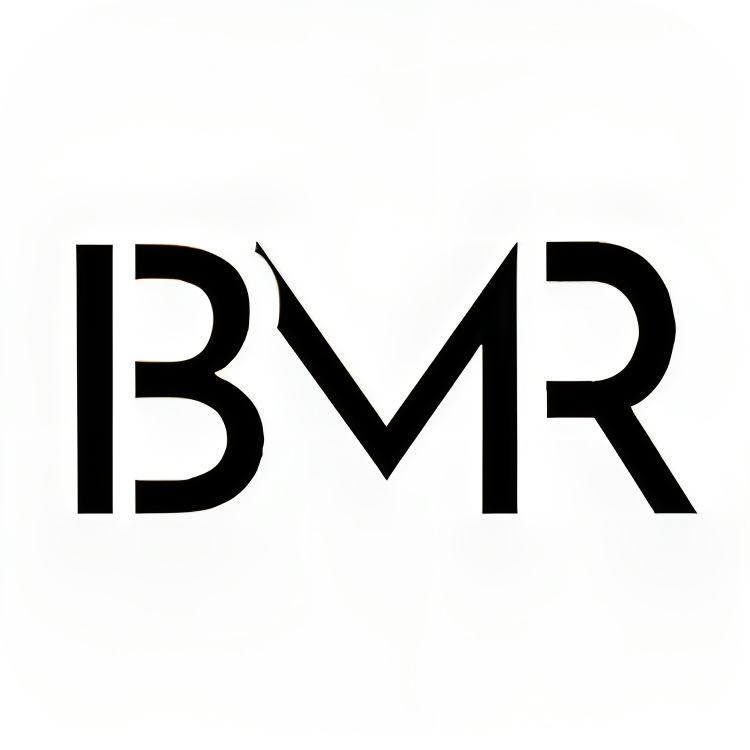

Welcome to our BMR AI CHATBOT.
A free expermental AI tool where you can interact with the webpage, ask question about the webpage and other related doubts.
In some cases reponses may take time to get. In case of error give us your report.
You responses are stored for experimental purpuses. And your personal info is not integrated with you in any way.
Note: AI can make mistakes and can give in appropiate responses. Your feedbak will help us improve.
Stay tuned for more AI products and tools
And Finally don't forget to give your feedback. click on the icon provided to give feedback.
A balanced diet provides the body with essential nutrients it needs to function effectively and maintain optimal health. Here’s a guide to creating a balanced diet:
By incorporating a variety of nutrient-dense foods, controlling portions, and staying hydrated, you can create a balanced diet that supports your overall health and well-being. Remember, consistency is key to achieving optimal health through nutrition.
Building a stronger immune system naturally involves adopting a combination of healthy lifestyle ...
Here’s a list of daily habits to help you lead a healthier and more balanced life
Aging is a natural part of life, but what if we could slow it down, or even reverse some of its e...
Hydration plays a vital role in maintaining overall health and supporting the body’s es...
The concept of "reverse aging" refers to slowing down or even reversing the bio...
As we age, our bones and teeth tend to weaken. However, a well-balanced diet rich in essential vi...